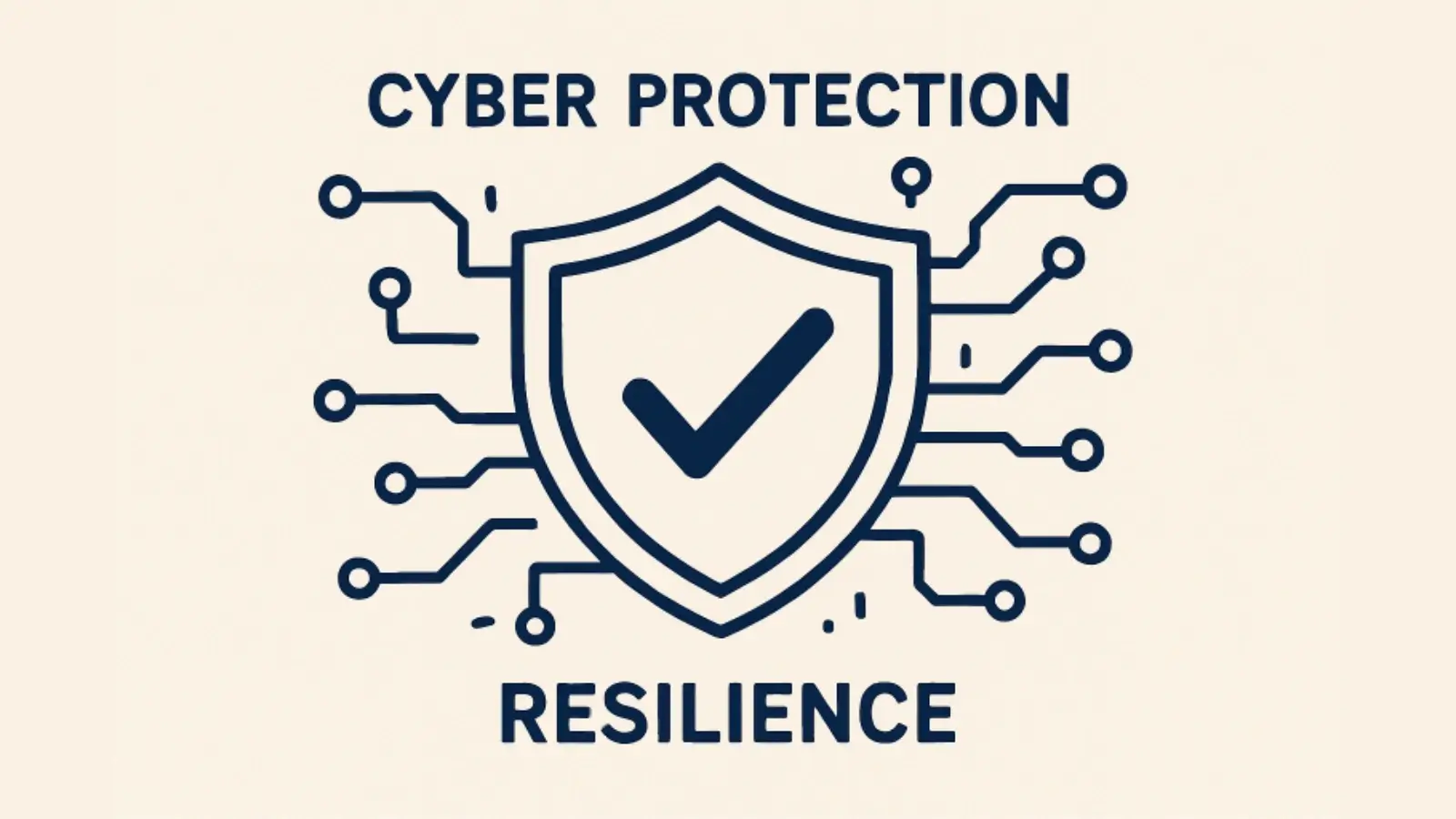As businesses become more reliant on technology, securing digital assets has never been more critical. The digital era has brought about an explosion of business opportunities but has also introduced new security challenges. Cyber-attacks are becoming more sophisticated and can lead to significant financial losses, damage to reputation, and legal complications. In today’s world, businesses must implement robust cybersecurity measures to protect sensitive data, ensure privacy, and maintain operational continuity.
A comprehensive cybersecurity strategy is vital for business survival, from safeguarding against ransomware attacks to ensuring safe remote working environments. It involves the right tools and a proactive approach, including risk assessments, employee training, and ongoing system monitoring. By partnering with Managed IT Services Nashville experts, businesses ensure robust cybersecurity and take proactive steps to stay ahead of evolving threats.
In this blog, we will explore the critical cybersecurity steps every business should take to protect itself in the digital era.
Why is Cybersecurity Important for Businesses?
Cybersecurity is crucial for businesses because it protects sensitive data, financial information, and intellectual property from cyber threats like hacking, ransomware, and phishing. A security breach can lead to significant financial losses, damage to reputation, and legal consequences.
With the increasing use of digital tools and online platforms, businesses are more vulnerable to attacks that can disrupt operations and compromise customer trust. Strong cybersecurity measures ensure the confidentiality, integrity, and availability of business data, helping companies comply with regulatory requirements and maintain a competitive edge.
8 Essential Cybersecurity Steps for Business Security
-
Perform Comprehensive Risk Assessments
Performing comprehensive risk assessments is a crucial step in ensuring strong cybersecurity for your business. By thoroughly evaluating potential threats and vulnerabilities, you can identify weaknesses within your systems and infrastructure.
These assessments help you understand the specific risks your business may face, enabling you to develop targeted strategies to effectively mitigate those risks. Additionally, by regularly reassessing and updating your risk assessments, you can stay ahead of emerging threats and ensure that your cybersecurity measures remain current and effective in protecting your valuable data and assets.
-
Enforce Strong Access Management Protocols
Enforcing strong access management protocols is a critical step in maintaining robust cybersecurity for your business. By implementing strict access controls, you can limit the exposure of sensitive data and reduce the risk of unauthorized access to your systems.
Strong access management involves implementing multi-factor authentication, regularly updating and monitoring user permissions, and conducting regular audits to ensure compliance with security policies. By prioritizing access management protocols, businesses can significantly enhance their overall cybersecurity posture and better protect against potential cyber threats and data breaches.
-
Adopt Advanced Cybersecurity Technologies
Adopting advanced cybersecurity technologies is a crucial step in safeguarding sensitive data and systems from cyber threats when it comes to bolstering business security. Advanced technologies such as endpoint detection and response (EDR), intrusion detection systems (IDS), and security information and event management (SIEM) solutions provide enhanced visibility into network activities, rapid threat detection, and proactive incident responses.
By incorporating these sophisticated cybersecurity measures, businesses can significantly reduce the risk of cyberattacks and protect their valuable assets from evolving cyber threats in today's digital landscape.
-
Provide Ongoing Employee Security Training
Providing ongoing security training for employees is vital for enhancing business cybersecurity. In the constantly changing environment of cyber threats, employees play a vital role in maintaining an organization's security. Regular training sessions keep employees informed about the latest cybersecurity risks and the best practices for protecting sensitive data.
By educating employees on how to recognize phishing attempts, secure their devices, and follow proper procedures for handling confidential information, businesses can greatly reduce the likelihood of data breaches and cyberattacks. Investing in continuous training shows a commitment to prioritizing cybersecurity within the organization and empowers employees to proactively safeguard company assets.
-
Stay Up-to-Date with Software Patches
Staying current with software patches is a crucial step in maintaining business cybersecurity. Software patches are updates released by vendors to address known vulnerabilities and enhance the overall security of their products. Businesses can promptly install these patches to protect their systems and data from potential cyber threats.
Hackers often exploit known vulnerabilities in software, making it essential to keep your systems updated with the latest patches to mitigate these risks. Establishing a routine process for monitoring and applying software patches across all devices and systems within your organization can significantly improve your cybersecurity posture and reduce the likelihood of a successful cyberattack.
-
Implement a Reliable Data Backup Strategy
Implementing a reliable data backup strategy is essential for ensuring business security in the realm of cybersecurity. Data loss can severely impact businesses, leading to financial losses, damage to reputation, and potential legal consequences. By establishing a robust data backup plan, companies can protect their information from unforeseen events such as cyberattacks, hardware failures, or natural disasters.
It is crucial to regularly back up critical data and ensure that backups are securely stored and easily retrievable when needed. Investing in dependable backup solutions and periodically testing the restoration process can help businesses mitigate risks associated with data loss and maintain operational continuity amid potential security threats.
-
Create a Robust Incident Response Framework
Creating a comprehensive incident response framework is a vital step for ensuring business security in the cybersecurity landscape. This framework outlines a structured approach for identifying, responding to, and recovering from potential security incidents.
It serves as a detailed guide that helps organizations reduce risks, minimize damage, and maintain operational continuity in the face of cyber threats. Typically, the framework includes predefined processes, procedures, roles, and responsibilities to effectively streamline security incident management. If you want to build a comprehensive and robust incident response framework to enhance your business security, contact the IT Support Nashville team.
-
Continuously Monitor and Review Security Systems
Continuously monitoring and reviewing security systems is a crucial step in maintaining robust cybersecurity for your business. With cyber threats evolving rapidly, regular assessments of your security measures can help identify vulnerabilities and ensure that your systems are equipped with the latest protective measures.
Adopting a systematic approach to monitoring, such as utilizing intrusion detection systems and security information and event management tools, can provide real-time insights into potential risks and unauthorized activities on your network. By staying vigilant and proactive in monitoring your security systems, you can enhance your overall cybersecurity posture and better protect your business from potential cyberattacks.
Conclusion
In the digital era, safeguarding your business against cyber threats is no longer optional but essential. Implementing robust cybersecurity measures like regular software updates, employee training, and advanced threat detection ensures data integrity and builds customer trust. By staying proactive and prioritizing security, businesses can confidently navigate the evolving digital landscape, protect their assets, and maintain a competitive edge in today's interconnected world.

















